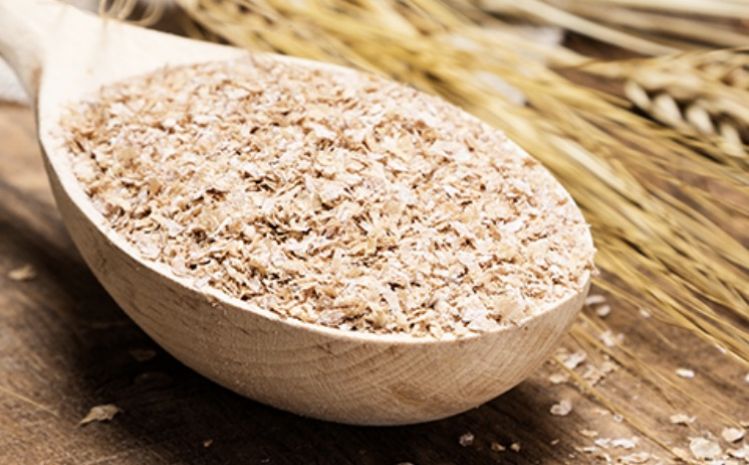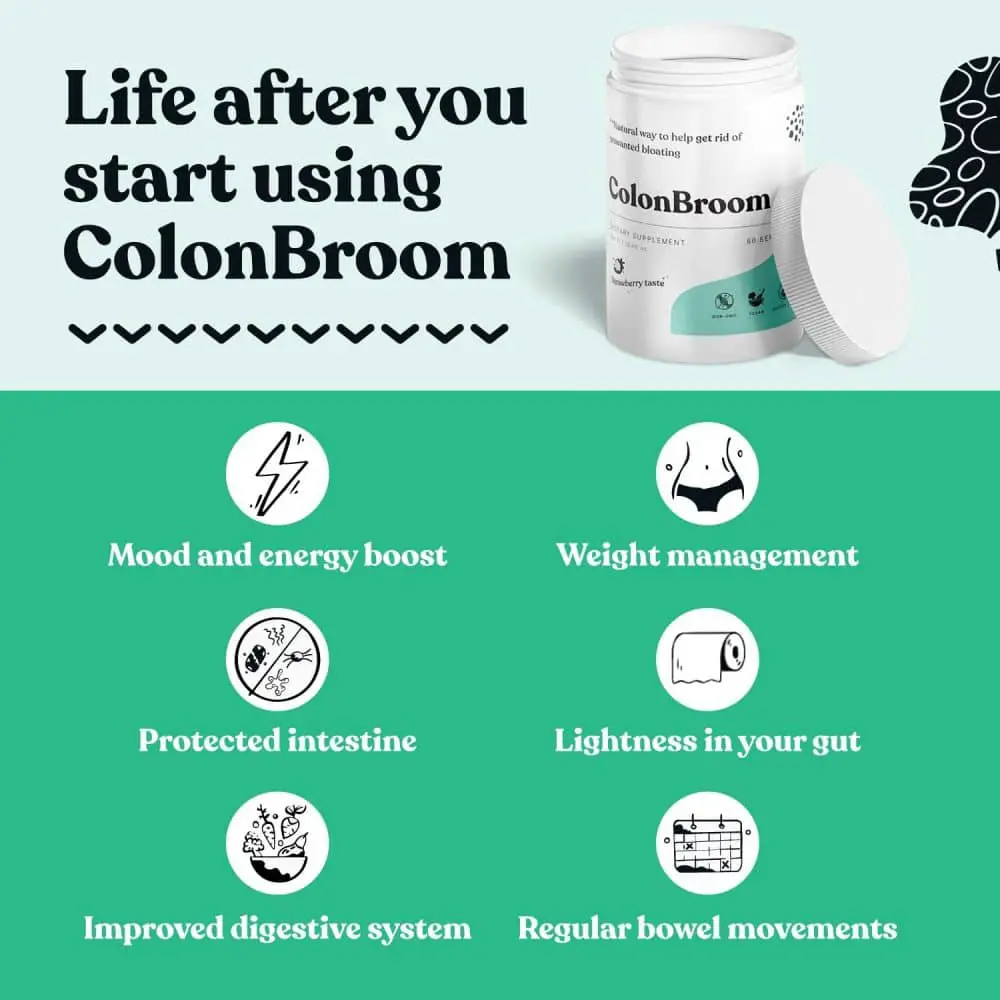Why Can't You Take Colon Broom Before Bed

The allure of a flat stomach and a healthy gut has fueled the popularity of supplements like Colon Broom. Marketed for its ability to relieve bloating and promote regular bowel movements, many are drawn to its promise. However, a growing concern is emerging: taking Colon Broom right before bed could be counterproductive, disrupting sleep and potentially leading to discomfort.
This article delves into the reasons behind the recommendation against pre-bedtime Colon Broom consumption. We will explore the science behind its active ingredients, potential side effects, and expert opinions on optimizing its use for maximum benefit and minimal disruption to your sleep and overall well-being.
Understanding Colon Broom: Ingredients and Mechanism
Colon Broom primarily relies on psyllium husk, a soluble fiber derived from the seeds of the Plantago ovata plant. This fiber absorbs water in the digestive tract, increasing stool bulk and facilitating easier passage. It's this bulking action that contributes to Colon Broom's effects on gut health.
In addition to psyllium husk, Colon Broom often contains other ingredients like citric acid, crystalline cellulose, and various flavorings. These ingredients mainly contribute to taste and texture, but the psyllium husk is the key active component impacting the digestive system.
The mechanism of action is relatively straightforward: psyllium husk expands in the gut, stimulating bowel movements. This expansion and subsequent movement can be problematic if timed incorrectly, particularly close to bedtime.
Why Bedtime is a Bad Time
The primary reason for avoiding Colon Broom before bed stems from its intended action. Taking it right before lying down can trigger digestive processes while you're trying to sleep, leading to discomfort and sleep disturbances.
The increased peristalsis (muscle contractions that move food through the digestive tract) can cause bloating, gas, and even abdominal cramping. These symptoms can easily disrupt sleep and make it difficult to fall or stay asleep.
Furthermore, the urge to defecate can arise during the night. This not only interrupts sleep but can also lead to feelings of urgency and anxiety related to bowel movements.
Dehydration Concerns
Psyllium husk absorbs a significant amount of water. Therefore, it's crucial to drink plenty of fluids when taking Colon Broom. Failure to do so can lead to constipation, which further exacerbates digestive discomfort.
Taking Colon Broom right before bed offers limited opportunity to drink adequate fluids. This increases the risk of dehydration, potentially contributing to headaches, fatigue, and even more severe complications, especially in individuals with pre-existing kidney conditions.
Proper hydration is essential for the fiber to work effectively and safely. Insufficient fluid intake defeats the purpose of the supplement and can lead to unwanted side effects.
Expert Opinions and Recommendations
Registered dietitians and gastroenterologists generally advise against taking fiber supplements like Colon Broom immediately before bedtime. They emphasize the importance of allowing sufficient time for digestion and hydration.
According to Dr. [Hypothetical Name], a gastroenterologist at [Hypothetical Institution], "Fiber supplements are beneficial, but timing is crucial. Taking them too close to bedtime can disrupt sleep and lead to unnecessary digestive distress."
Most experts recommend taking Colon Broom at least a few hours before bed and ensuring adequate water intake throughout the day. This allows the fiber to work effectively without interfering with sleep.
Alternative Timing and Usage Tips
The optimal time to take Colon Broom varies depending on individual schedules and sensitivities. However, mornings or afternoons are generally preferred.
Starting with a small dose and gradually increasing it can help minimize potential side effects. This allows the body to adjust to the increased fiber intake.
It's also crucial to listen to your body and adjust the timing and dosage accordingly. If you experience persistent discomfort, consult with a healthcare professional.
Potential Side Effects and Contraindications
While generally safe, Colon Broom can cause side effects, especially when first starting. These include bloating, gas, and abdominal cramping.
Individuals with certain medical conditions, such as bowel obstructions or difficulty swallowing, should avoid Colon Broom. It can exacerbate these conditions and lead to serious complications.
Consulting with a healthcare provider before taking Colon Broom is essential, especially if you have pre-existing medical conditions or are taking other medications.
The Importance of a Balanced Approach
Colon Broom can be a helpful tool for promoting gut health, but it's not a magic bullet. A balanced diet rich in fruits, vegetables, and whole grains is crucial for long-term digestive well-being.
Regular exercise and adequate hydration are also essential for maintaining a healthy gut. Supplements should complement, not replace, these fundamental lifestyle habits.
Relying solely on supplements without addressing underlying dietary and lifestyle factors may not yield the desired results and could even lead to dependency.
Looking Ahead: Future Research and Considerations
Further research is needed to fully understand the optimal timing and dosage of Colon Broom for different individuals. Studies exploring the impact of pre-bedtime fiber supplementation on sleep quality are also warranted.
As the popularity of gut health supplements continues to grow, it's important to prioritize evidence-based practices and consult with healthcare professionals for personalized recommendations. Misinformation can easily spread, making informed decision-making essential.
Ultimately, a cautious and informed approach to Colon Broom, coupled with a healthy lifestyle, is key to maximizing its benefits and minimizing potential risks. Remembering that timing is everything can prevent disrupted sleep and digestive discomfort.

















![Why Can't You Take Colon Broom Before Bed Colon Broom Reviews - [Updated] Read Carefully Before You Buy](https://sdgln.com/wp-content/uploads/2022/11/Colon-Broom-Reviews.png)
